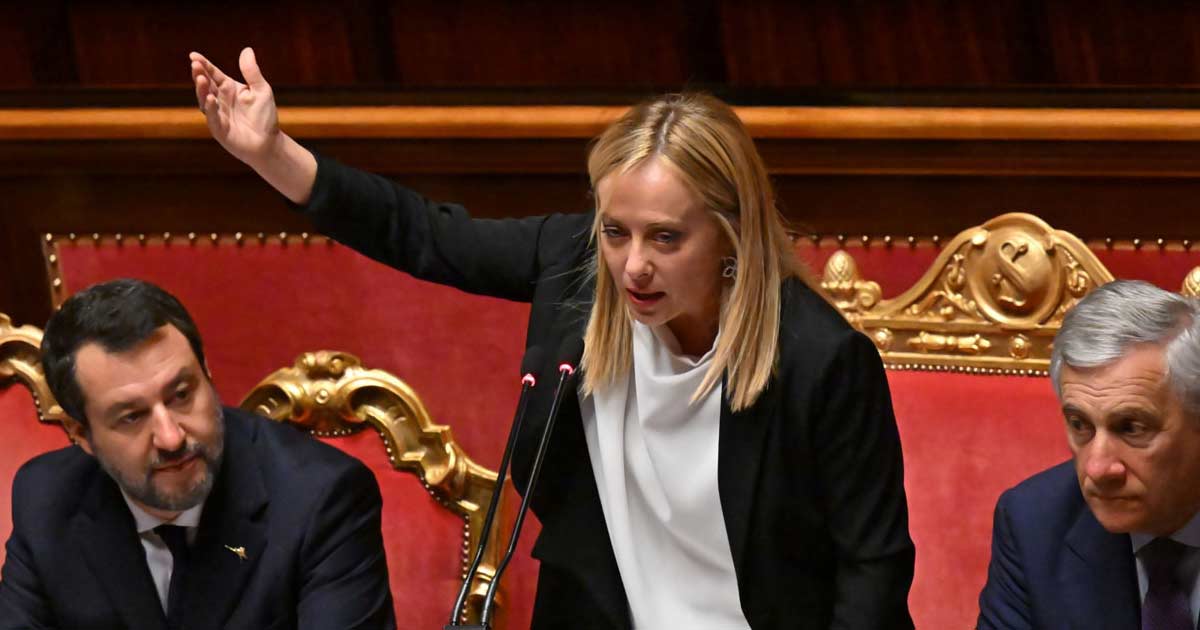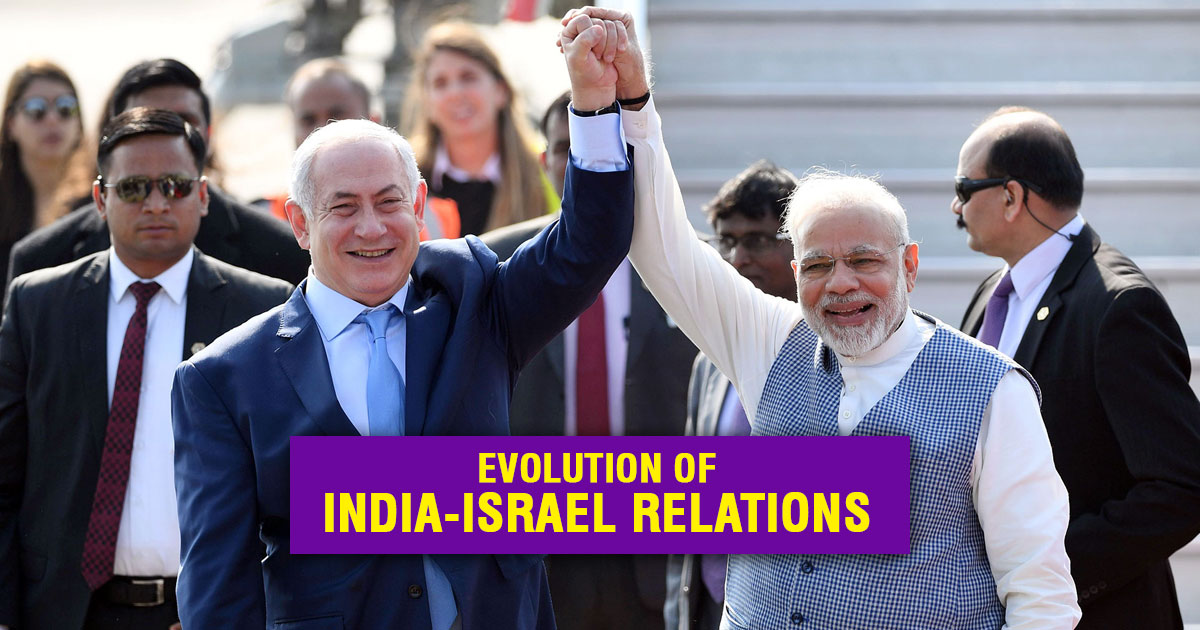On Sunday, the Ministry of External Affairs (MEA) refuted reports alleging that India had dispatched a ‘secret memo’ to North American nations, urging them to initiate a “sophisticated crackdown scheme” against the Sikh diaspora in Western countries.
The denial follows a report by The Intercept, claiming that the confidential memo was issued in April 2023 and featured the name of Khalistani terrorist Hardeep Singh Nijjar, who was killed in Surrey, British Columbia on 18 June 2023 Canada.
“Concrete measures shall be adopted to hold the suspects accountable,” the Intercept had reported.
While denying the existence of any such memo, the MEA statement called it a part of a sustained disinformation campaign against India and accused Pakistani intelligence of peddling fake narratives.” This is part of a sustained disinformation campaign against India. The outlet in question is known for propagating fake narratives peddled by Pakistani intelligence. The posts of the authors confirm this linkage,” the MEA said. “Those who amplify such fake news only do so at the cost of their own credibility,” the statement read.
Our response to media queries on reports of MEA "secret memo" in April 2023:https://t.co/LcHTl5HUpf pic.twitter.com/7ilEyqkVDX
— Arindam Bagchi (@MEAIndia) December 10, 2023
Nijjar was a supporter of Khalistan, an independent Sikh nation sought by some groups. He was the head of the Khalistan Tiger Force, which is designated a terrorist outfit in India.
In September, Canadian Prime Minister Justin Trudeau told the country’s Parliament that intelligence agencies were actively pursuing “credible allegations” tying agents of the Indian government to Nijjar’s killing.
India dismissed Trudeau’s accusations as “absurd and motivated.” Subsequently, India’s External Affairs Minister, S Jaishankar, clarified that he had communicated to Canada that such actions were not in line with New Delhi’s policies.
#WATCH | New York: On India-Canada row, EAM Dr S Jaishankar says, "…We told the Canadians that this is not the Government of India's policy…If you have something specific and if you have something relevant, let us know. We are open to looking at it…The picture is not… pic.twitter.com/VcVGzDelJt
— ANI (@ANI) September 26, 2023
On November 15, Jaishankar stated that India has not excluded the possibility of investigating Nijjar’s killing and has requested Canada to provide evidence supporting its claims regarding New Delhi’s alleged involvement in the matter.
Also read: ‘Putin And Modi Bromance’ And The Time-Tested Friendship Between India & Russia
Delicate Diplomatic Issue:
The information from the Intercept has heightened the anticipation surrounding the upcoming visit of FBI chief Christopher Wray, who is anticipated to address the case involving Gurpatwant Singh Pannun.
In November, the U.S. Justice Department revealed the arrest of an individual allegedly plotting to assassinate Mr. Pannun, a spokesperson for the Khalistan movement based in New York and Canada.
This development occurred against the backdrop of heightened tensions between India and Canada following the death of Nijjar, contributing to India’s increasing unease in managing challenges posed by pro-Khalistan forces.
The issue is highly delicate for both India and the Biden administration as they try to build closer ties in the face of a rising China perceived as a threat to both democracies.
It is important to note that, the Indian government’s reaction to the U.S. government’s allegations regarding Mr. Pannun, including the establishment of the high-level inquiry committee, is in stark contrast to the reaction to the allegations made by the Canadian government over Nijjar, which included the expulsion of two-thirds of the Canadian High Commission in India.







